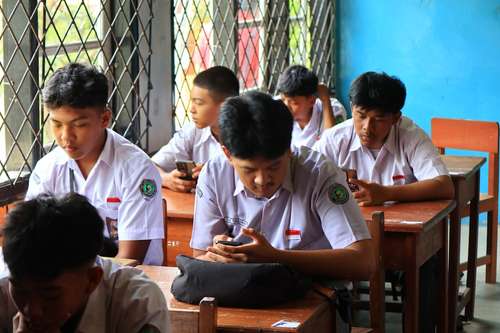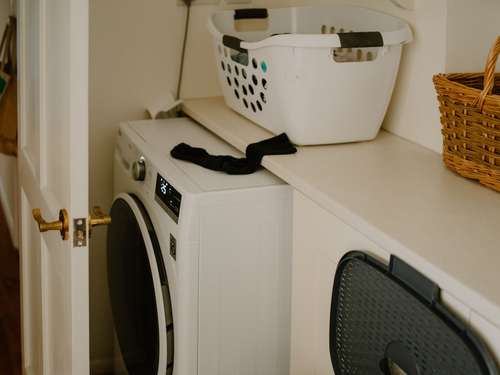Florida Governor Ron DeSantis has caused a lot of controversy by refusing to approve a bill that aimed to introduce a statewide program offering free menstrual hygiene products to K-12 students.
The proposed initiative, known as The Menstrual Hygiene Products Grant Program, had set aside $6.4 million to ensure that pads and tampons were easily available to students who needed them.
DeSantis's decision aligns with broader spending cuts amounting to nearly $950 million from Florida's annual budget of $116.5 billion.
The governor's veto has sparked criticism from various sources, including Democratic State Representative Anna Eskamani. She was deeply surprised by DeSantis' decision.
Eskamani stressed that the pilot program had support from both parties, highlighting that access to menstrual products in schools is not just about convenience, but a matter of fairness and respect for students.
She passionately argued that, just like schools provide essential items like toilet paper, menstrual products should be considered a basic necessity.
"There's no reason why we shouldn't also prioritize what is an essential basic item like menstruation products,” Eskamani stated.
Eskamani drew from her own life experiences to highlight the difficulties she encountered as a young girl in obtaining menstrual products.
She stressed that such a program would have greatly reduced her stress and insecurity.
"I didn't have access to period products, until I was able to find the cash and then walk an hour or so to my Winn-Dixie to buy them," she recounted.
Her advocacy brings attention to the broader issue that many students, especially those from disadvantaged backgrounds, face challenges in getting these essential products.

Studies by organizations like the Alliance for Period Supplies show that a significant number of students and women miss school or work because they don't have adequate access to menstrual products.
Defending Governor DeSantis' veto, his spokesperson Julia Friedland argued that the decision was made in the best interest of the state after a thorough review of all appropriations.
However, opponents argue that by cutting funding for menstrual products, the governor is clearly signaling the state's priorities and its commitment to addressing the basic needs of its youth.
The debate extends beyond Florida, revealing that only half of the states mandating schools to provide menstural products allocate funding for them.
Florida currently lacks such a mandate, showcasing disparities in access across different regions of the United States.
Advocates for menstrual equity stress that providing free access to these products is not just a matter of convenience, but is also essential for improving educational outcomes and overall well-being.
They argue that menstruation is a natural biological process, and access to menstrual products should not interfere with education or daily activities.
Also read: Don't Touch These Monkeys in Florida or You Could Get Herpes
As the conversation continues, advocates are urging for legislative action to comprehensively address this issue.
Governor DeSantis' veto has brought attention to the ongoing challenges in achieving menstrual equity nationwide.
The question now is whether renewed efforts will emerge to reintroduce similar legislation in Florida and other states to ensure that all students have unrestricted access to the menstrual products they need.




